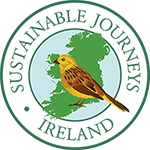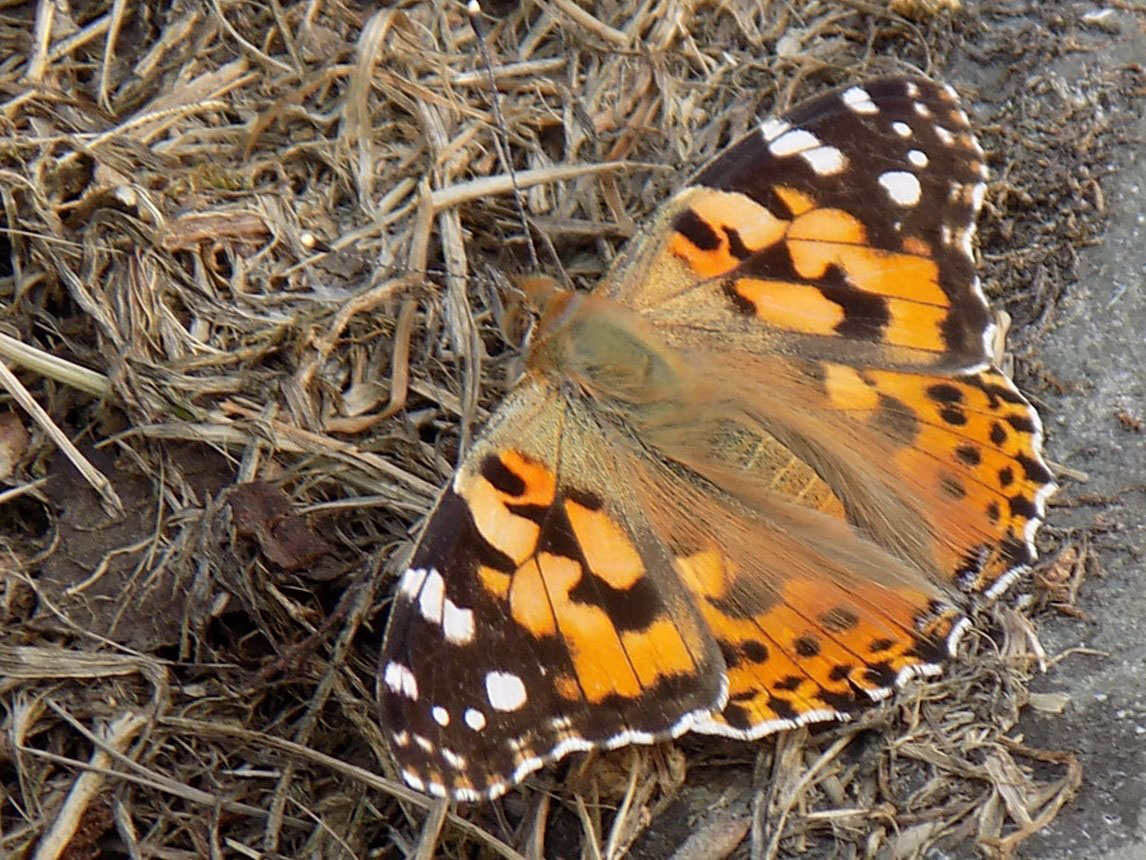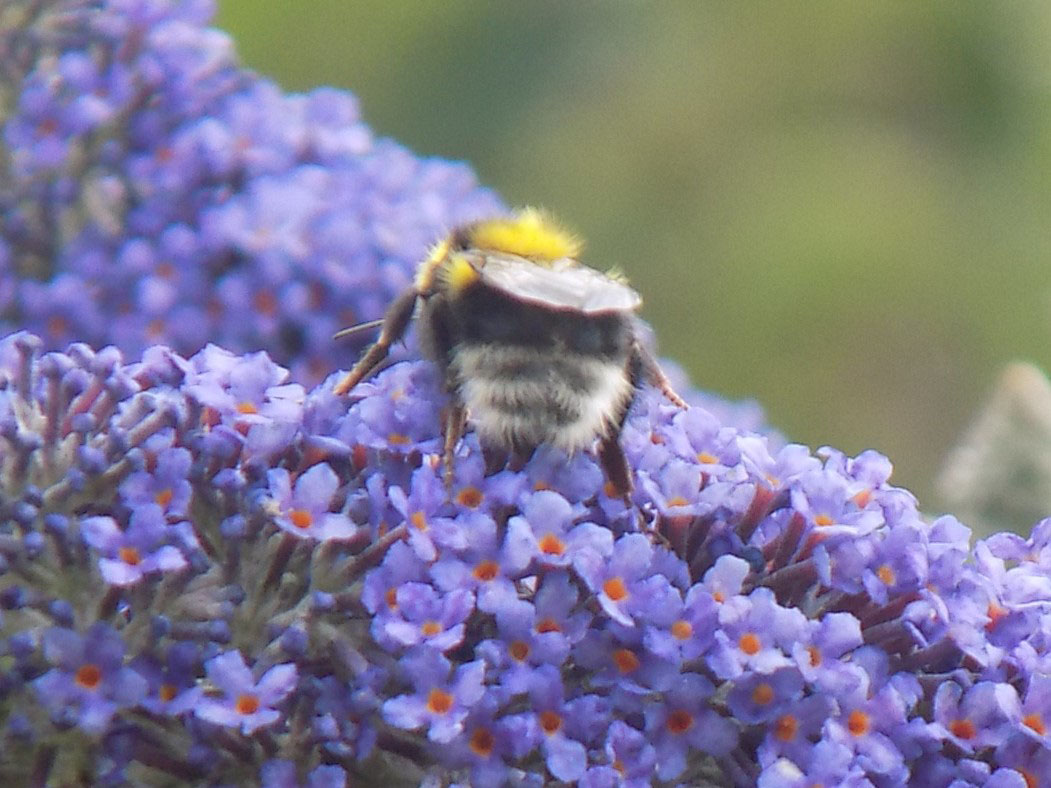According to the UN World Tourism Organisation sustainable development in tourism can be defined as ‘Tourism that takes full account of its current and future economic, social and environmental impacts, addressing the needs of visitors, the industry, the environment and host communities’
The world is facing serious environmental, economic and social challenges including climate change, rapid depletion of natural resources, the dependency of our economic systems on consumerism and increasing levels of poverty. In this context there is a greater sense of urgency than ever before of the need to adopt sustainable ways of living. The origin of the concept of sustainable development can be traced to the UN Commission on Environment and Development. Its report, Our Common Future(1987) called for a sustainable approach to development ‘which meets the needs of present generations without compromising the ability of future generations to satisfy their needs’ (WCED, 1987:8).


